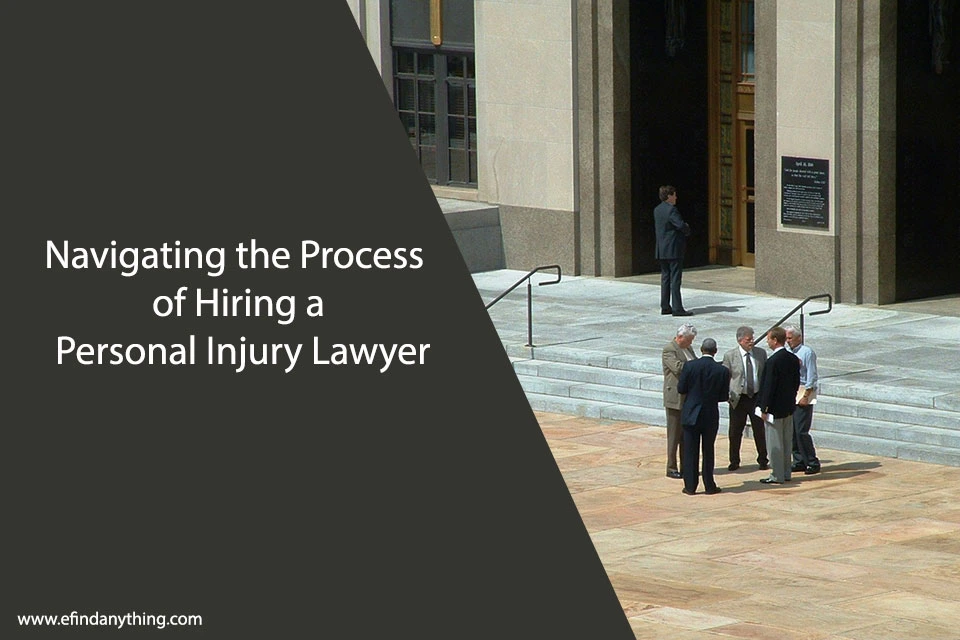
Are you aware that California has implemented groundbreaking elder abuse laws for 2024? These laws have been hailed as the most comprehensive and protective measures to date.
Abuse of an older person includes any action, whether planned or not, that hurts them or puts them at a high risk of getting hurt. This kind of abuse can come in many forms, such as neglect, physical, emotional, financial, or sexual abuse.
With the aging population on the rise, it is imperative that you understand the intricacies of these laws to ensure the safety and well-being of your loved ones. Let’s discuss the elder abuse laws in California and explore the legal remedies available to victims.
Definition of Elder Abuse
Elder abuse is defined as the mistreatment or neglect of an older adult, often resulting in physical, emotional, or financial harm. It’s a serious issue that affects many older individuals, and it’s important to understand its definition to recognize and prevent it.
Physical abuse involves the use of force that causes injury or pain, such as hitting, pushing, or restraining. Emotional abuse includes actions that cause psychological distress, like belittling, humiliating, or isolating the elder. Financial abuse refers to the unauthorized use of an older adult’s money or property, which can include scams, theft, or exploitation.
Neglect occurs when the responsible caregiver fails to meet the basic needs of the elderly, such as providing food, shelter, or medical care. It’s crucial to be aware of these different forms of elder abuse to identify potential signs and take appropriate action.
Reporting Requirements
To ensure the safety and well-being of older adults, it’s important to understand the reporting requirements for cases of elder abuse. In California, anyone who’s aware of or reasonably suspects that an elder is being abused, neglected, or exploited is required by law to report it.
The reporting obligations extend to professionals, such as doctors, nurses, social workers, and law enforcement officers, as well as any other individual who interacts with older adults in their personal or professional capacity.
When making a report, you should contact your local Adult Protective Services (APS) agency or law enforcement agency. You can report anonymously, and the law protects you from any retaliation for making a report in good faith.
It’s crucial to provide as much detailed information as possible about the abuse, including the names of the individuals involved, the nature of the abuse, and any supporting evidence or witnesses.
Failure to report elder abuse is a misdemeanor offense in California, punishable by fines and potential imprisonment. By fulfilling your reporting obligations, you play a vital role in protecting vulnerable older adults and helping to hold perpetrators accountable for their actions.
Types of Elder Abuse
You can identify different types of elder abuse by recognizing the various forms in which it can occur. Elder abuse can manifest in physical, emotional, sexual, financial, or neglectful ways.
Physical abuse involves any form of physical harm or injury inflicted on an elderly person, such as hitting, pushing, or restraining them. Emotional abuse includes behaviors that cause emotional distress or anguish, such as verbal insults, humiliation, or isolation.
Sexual abuse involves any non-consensual sexual activity imposed on an elderly person, regardless of their mental capacity. Financial abuse occurs when an individual misuses or exploits an elderly person’s financial resources or assets. This can include theft, fraud, or coercing the elderly person into signing documents they don’t understand.
Neglect, the most common form of elder abuse, refers to the failure to provide proper care, resulting in harm or endangerment to the elderly person’s health or welfare. It’s important to be aware of these different types of elder abuse to be able to recognize and address any potential signs or instances of abuse.
Legal Remedies for Victims
Victims of elder abuse have legal remedies available to seek justice and protect their rights. California law recognizes the seriousness of elder abuse and provides various avenues for victims to pursue legal action against their abusers. If you or a loved one has suffered from elder abuse, it’s crucial to understand the legal remedies available to you.
One possible legal remedy is seeking a restraining order against the abuser. This can help ensure that the abuser stays away from the victim and prevents further harm. Victims can file a civil lawsuit against the responsible party to seek compensation for their injuries, medical expenses, and pain and suffering.
In some cases, criminal charges may also be brought against the abuser. These charges can result in penalties such as fines, probation, or even imprisonment. It’s important to report elder abuse to the appropriate authorities so that they can investigate and potentially bring criminal charges against the abuser.
Victims of elder abuse may be eligible for financial assistance through various government programs or victim compensation funds. These resources can help victims obtain the necessary support and resources to recover from abuse.
Resources and Support for Elder Abuse Cases
Various organizations and programs provide valuable resources and support for individuals involved in elder abuse cases. If you or someone you know is facing elder abuse, it’s important to know that you aren’t alone.
One such resource is the National Center on Elder Abuse (NCEA), which offers a wealth of information and support services. The NCEA website provides resources on recognizing and reporting elder abuse, as well as links to local service agencies that can offer assistance.
Adult Protective Services (APS) is a program that operates in each county in California and is dedicated to protecting vulnerable adults from abuse, neglect, and exploitation. APS can conduct investigations, provide emergency assistance, and connect victims with necessary services.
Another valuable resource is the California Long-Term Care Ombudsman Program, which advocates for the rights and well-being of residents in long-term care facilities. They can assist with complaints, provide information on residents’ rights, and work towards resolving issues.
Many communities have non-profit organizations that offer support groups and counseling for elder abuse victims and their families. These groups provide a safe space for individuals to share their experiences, receive emotional support, and learn about available resources.
Conclusion
Now that you know all the important details about California elder abuse laws in 2024, from understanding the definition of elder abuse to reporting requirements and the different types of abuse, as well as legal remedies and resources available for victims, it’s crucial to be informed and take action to protect our elders and ensure their well-being.











